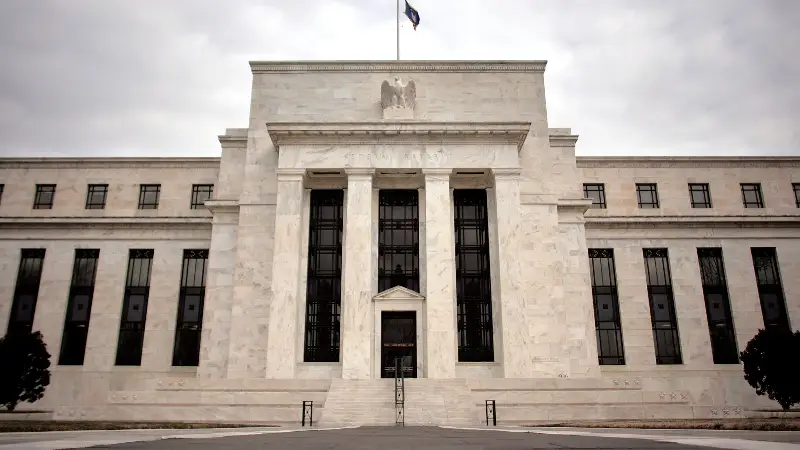Analyzing and understanding market trends becomes significant when anticipating how Federal action can impact stocks. Historically, financial markets have shown certain behavior in response to policy decisions by the Federal Reserve. This contributes to portfolio managers and individual investors making informed decisions about their short and long-term investment strategies.
One important point is that under normal circumstances, the Federal Reserve takes action to either mitigate inflation or encourage economic growth. For instance, in times of economic robustness, they often raise interest rates to keep inflation at bay. This creates an environment where lending becomes more expensive, limiting the flow of money that could potentially heat up the economy excessively. However, when the economy shows signs of a downturn, the Federal Reserve often lowers rates to spur economic activity.
What does this mean for the stock market and individual investments? Firstly, when interest rates are raised, companies have to pay more to borrow funds. This could potentially lower earnings, which in turn could impact their stock prices. Companies in sectors that are heavily reliant on borrowing, like telecommunications and utilities, may be harder hit in such a situation. Similarly, when interest rates are lowered, these companies are likely to benefit as their cost of borrowing falls, boosting their profits and potentially their stock prices.
Additionally, investors have to consider the potential yield of various investment options. During times of high interest rates, safer asset classes such as bonds and certificates of deposits may become more appealing as they offer a guaranteed return that could outpace the returns offered by stocks. This might lead to capital flowing out of the stock market, triggering a drop in stock prices. When rates are low, the potential yield from these safer options decreases, potentially making stocks more appealing and causing their prices to rise.
Market psychology also plays an important role in understanding market trends. Investors’ perception of the economy and their subsequent actions can impact market behavior. If investors believe that the economy will grow as a result of Federal Reserve actions, this could lead to increased buying of stocks, pushing up prices. On the other hand, if investors fear a slowdown in the economy, they might sell off stocks, leading to falling prices.
The statement that past performance does not guarantee future results applies here too. While historical understanding aids in anticipating how the Federal Reserve’s moves might affect the stock market, other factors also contribute, including global economic conditions, company-specific news, and political developments. Therefore, investors should incorporate a variety of considerations, not just central banking movements, into their decision-making processes to create well-rounded, resilient







